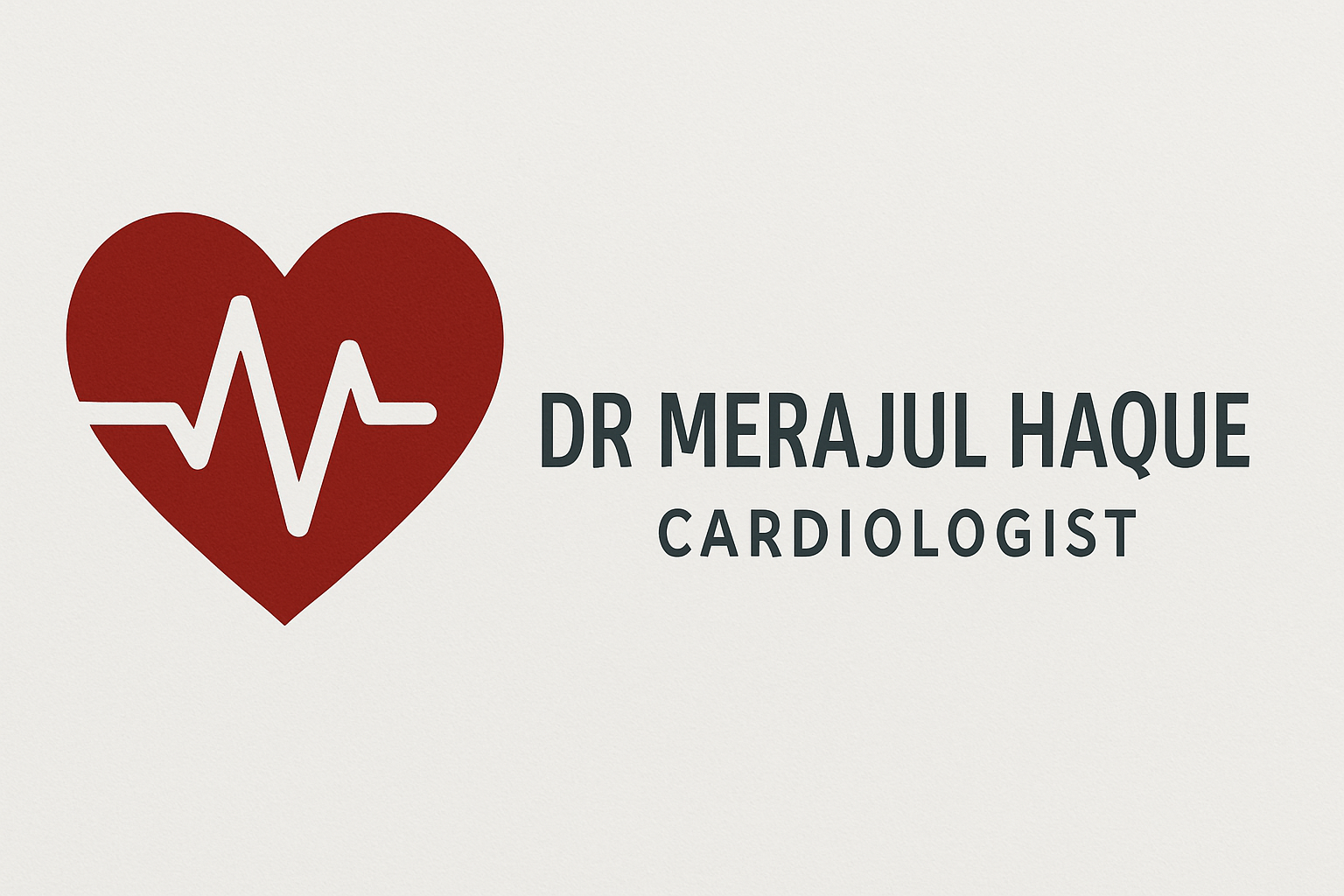Preventive heart check-ups
-
Preventive heart check-ups are essential for identifying heart-related risks early, even when there are no visible symptoms. These check-ups aim to detect underlying conditions like high blood pressure, elevated cholesterol, diabetes, or early signs of heart disease before they lead to serious complications like heart attacks or stroke.
-
A typical preventive heart check-up includes a detailed consultation with a cardiologist, blood pressure and heart rate measurements, electrocardiogram (ECG), lipid profile to measure cholesterol levels, blood sugar tests, and sometimes advanced diagnostics like echocardiography or a treadmill stress test based on your health profile.
-
These evaluations help the doctor assess your overall cardiovascular risk, taking into account factors such as age, family history of heart disease, lifestyle habits like smoking or alcohol use, diet, physical activity levels, and stress.
-
Early detection of conditions such as hypertension, high cholesterol, or pre-diabetes allows for timely intervention. Doctors may recommend lifestyle changes such as reducing salt and fat intake, regular exercise, weight loss, or medications when necessary to control these risk factors.
-
Preventive check-ups are not just one-time evaluations—they play a continuous role in tracking your heart health. By comparing results over time, doctors can determine how well your heart is functioning and whether any adjustments in treatment or lifestyle are needed.
-
These visits also offer a chance to talk to your doctor about warning signs that you might overlook—such as unusual tiredness, breathlessness, chest discomfort, or irregular heartbeat—ensuring that even the smallest symptoms are addressed before they become serious.
-
Preventive heart check-ups are essential for identifying heart-related risks early, even when there are no visible symptoms. These check-ups aim to detect underlying conditions like high blood pressure, elevated cholesterol, diabetes, or early signs of heart disease before they lead to serious complications like heart attacks or stroke.
-
A typical preventive heart check-up includes a detailed consultation with a cardiologist, blood pressure and heart rate measurements, electrocardiogram (ECG), lipid profile to measure cholesterol levels, blood sugar tests, and sometimes advanced diagnostics like echocardiography or a treadmill stress test based on your health profile.
-
These evaluations help the doctor assess your overall cardiovascular risk, taking into account factors such as age, family history of heart disease, lifestyle habits like smoking or alcohol use, diet, physical activity levels, and stress.
-
Early detection of conditions such as hypertension, high cholesterol, or pre-diabetes allows for timely intervention. Doctors may recommend lifestyle changes such as reducing salt and fat intake, regular exercise, weight loss, or medications when necessary to control these risk factors.
-
Preventive check-ups are not just one-time evaluations—they play a continuous role in tracking your heart health. By comparing results over time, doctors can determine how well your heart is functioning and whether any adjustments in treatment or lifestyle are needed.
-
These visits also offer a chance to talk to your doctor about warning signs that you might overlook—such as unusual tiredness, breathlessness, chest discomfort, or irregular heartbeat—ensuring that even the smallest symptoms are addressed before they become serious.
Get in touch
Schedule an appointment
Call Us
9219765171


